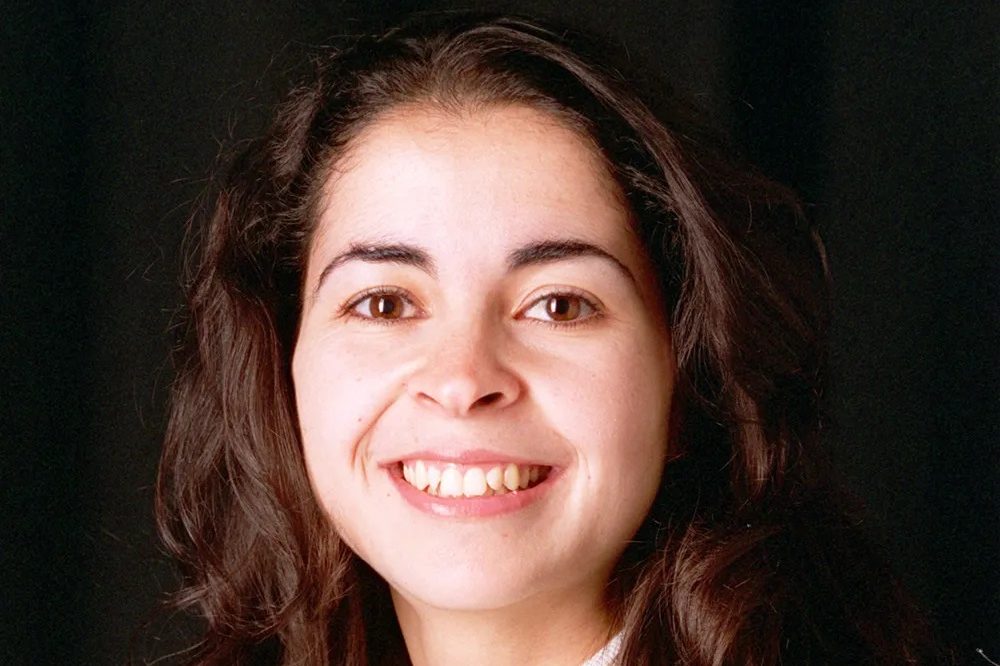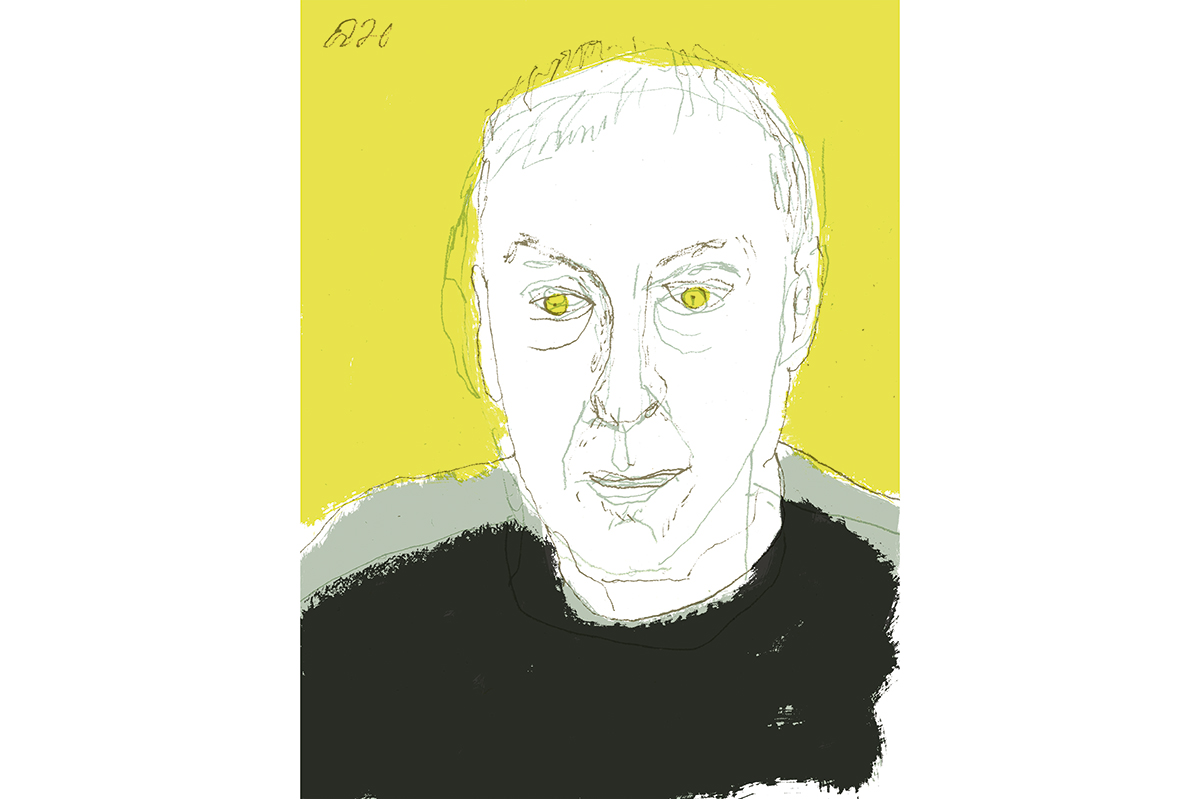“In dreams begins responsibility,” wrote W.B. Yeats. In the near-future America imagined by Laila Lalami, culpability starts there, too. Charged with the prevention of potential crimes, the Risk Assessment Administration monitors not just every aspect of citizens’ behavior but, via tiny “neuroprosthetics,” the hidden drives revealed in sleep. As an RAA agent insists: “Every murder starts with a fantasy.” If those nocturnal fantasies grow too “troublesome,” and your personal “risk score” edges above the key threshold of 500, prepare for at least 21 days of “forensic observation” as an inmate of a “retention” center. Not quite prison, “it’s not not a prison” either: instead, a “kind of a gray area.”
For her fifth novel, the Moroccan-born American writer takes a risky leap into the crowded field of technological dystopias. Even in the genre’s “pre-crime” or “thoughtcrime” corner, the foundational nightmares (Nineteen Eighty-Four and Philip K. Dick’s The Minority Report) still spawn heirs and variants – last year in Frida Isberg’s The Mark, set in Iceland.
Like Isberg, Lalami highlights not the cruelty but the kindness of advanced mass surveillance, mandated in the US under the “Crime Prevention Act” after (the back-story explains) a Super Bowl massacre by a shooter with a record of threats. In The Dream Hotel’s present, climate breakdown has parched and scorched much of America. But, with majority support, “algorithmic policing” has almost halved gun deaths and suicides, even if “the line of legality has moved.” Forget Benjamin Franklin’s much disputed admonition: the US seems to have traded essential liberty for temporary safety, and to like the bargain.
Sara Hussein, a Californian museum archivist from a Moroccan migrant family, unwittingly crosses that new line when she lands back in Los Angeles after a conference in London. At the airport her elevated risk scores push her into the hands – polite, rule-governed, implacable – of the RAA. For “in the world of dreams, where her soul roams free, she must have done something terrible” – specifically, imagined killing her husband, Elias. Lalami avoids any fascistic horrors. Rather, she evokes a creeping extension of the nosy oversight by governments and corporations that we consent to now.
At the Madison retention facility east of LA Sara adjusts to the “bland, sterile, therapeutic” routine of this repurposed school filled with women baffled by their semi-incarceration but keen (a few troublemakers apart) to keep their risk scores down and get out fast. After all, a stretch with the RAA counts as “precaution, not punishment.” Yet almost everyone spends much longer than planned at Madison, as they work (a nice touch) on assessing the credibility of AI film clips: “Is this real?”
Lalami offers only modest morsels of history or context. We learn that some libertarian rebels, the Twenty Thirders, escape total surveillance through off-grid “analog life.” It does grow clear that the retention camps serve as a profit-harvesting racket for Safe-X, the security firm which runs them. On the one hand, the smart scientists who tweak this 24/7 digital supervision envisage humans not as “ineffable mysteries” but controllable “discrete combinations of data.” On the other, the shambolic carceral-industrial complex blunders from one chronic malfunction to another while siphoning huge revenues from the state. Pointedly, Lalami depicts her hi-tech dystopia not as a sleek repression machine but an error-riddled scam, and sham.
She raises, but scarcely pursues, Sara’s gnawing anxiety that she must really harbor the murderous urges that dumped her in Madison. An over-hasty ending shuts down that more Kafka-like line of metaphysical enquiry. Sara’s low-key episodes of friendship or feuding with fellow residents, and memories of life in a striving, anxious immigrant family fearful of “anyone in a government uniform,” lend The Dream Hotel an engaging plausibility – but can limit its horizons. Although only SF nerds would demand a full-dress technical briefing, Lalami sometimes skimps on detail – of the dream-scanning implants or the emotion-tracking software.
Readers might even overlook these mind-reading motifs and still enjoy a scarily credible vision of what happens when an almighty algorithm makes up stories about you from hundreds of data points “until it found one… plausible enough to please its audience.” Speculative fantasy aside, The Dream Hotel taps deftly into the terrors of our times as Sara learns that she can’t escape or erase her past. Every scintilla of online evidence can, and will, be used against her. Meanwhile, the bungling, parasitic real-life equivalents of Safe-X plunder the public purse. Their crimes belong to the present, not the future.


























Leave a Reply